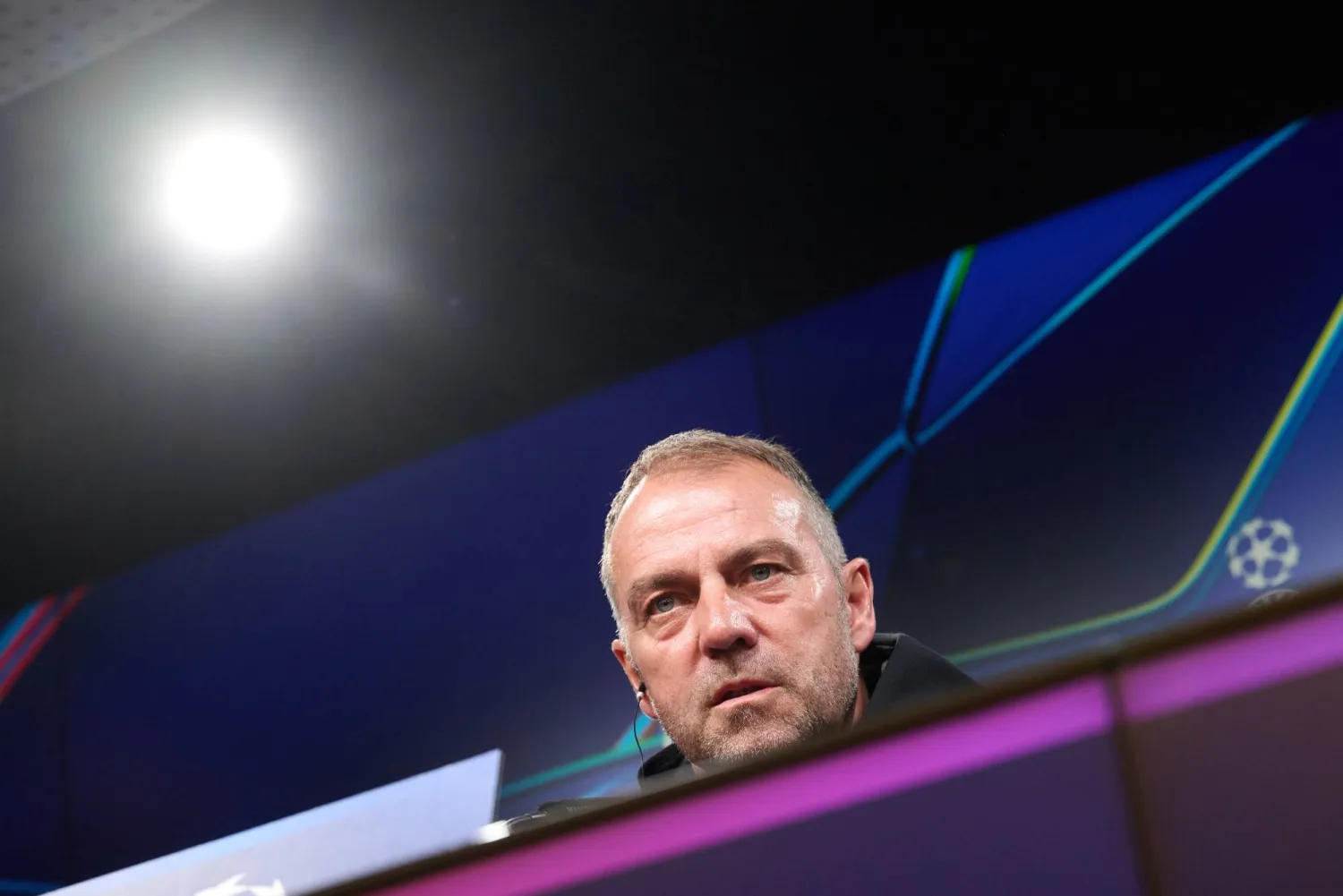Russia and Algeria threw diplomatic punches at the United Nations Security Council on Wednesday after Russia brought up an Olympic boxing gender row during a meeting of the body focused on women, peace and security.
Deputy Russian UN Ambassador Dmitry Polyanskiy accused western countries of monopolizing the Olympic movement and "aggressively" imposing an LGBT agenda on the rest of the world that he said was damaging women's rights and dignity.
"At the Olympic Games in Paris female boxers are being publicly subjected to violence (by) athletes who had previously failed hormonal tests done by the International Boxing Federation and, according to the Federation and according to common sense, are men," he said. "This is absolutely repellant."
Algerian boxer Imane Khelif and Taiwanese boxer Lin Yu-ting were disqualified from the 2023 World Championships after the International Boxing Association (IBA) said a sex chromosome test had ruled both of them both ineligible.
They have both taken part in the Olympics after the International Olympic Committee (IOC) stripped the IBA of its status as the sport's governing body in 2023 and took control of organising the boxing in Paris. The IOC says they are women.
The IOC says the IBA is mired in financial opaqueness and compromised by ties to the Russian leadership.
Senior Algerian diplomat Toufik Koudri strongly rejected Polyanskiy's remarks.
"The courageous boxer Miss Imane Khelif was born a female. She has lived through her childhood and upbringing and adolescent years as a woman. She practiced sports as a full-fledged woman," he told the 15-member council.
Koudri added: "There isn't a shred of doubt on that matter, except for those who have (a) vague political agenda.









